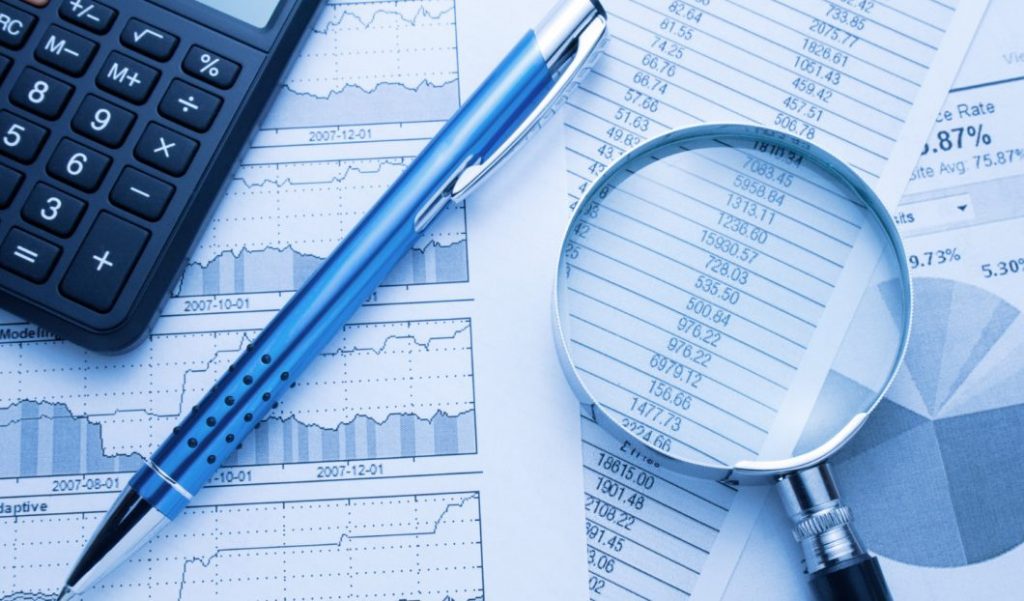
Forensic accountants are financial detectives who use their expertise to investigate and analyze financial data in order to uncover fraud, embezzlement, and other financial crimes. They are often called upon to provide expert testimony in court cases and to assist law enforcement agencies in their investigations.
But who exactly uses forensic accountants? The answer is: a wide range of individuals and organizations. Here are just a few examples:
- Corporations: Forensic accountants are often employed by corporations to investigate suspected fraud or embezzlement by employees or contractors. They may also be called upon to conduct due diligence investigations when the company is considering a merger or acquisition.
- Law firms: Forensic accountants are frequently hired by law firms to assist in litigation cases involving financial disputes. They may be asked to provide expert testimony, analyze financial data, or help prepare financial exhibits for trial.
- Government agencies: Forensic accountants are employed by various government agencies, including the FBI, IRS, and SEC, to investigate financial crimes such as money laundering, tax evasion, and securities fraud.
- Non-profit organizations: Forensic accountants may be hired by non-profit organizations to investigate suspected financial improprieties or to ensure compliance with accounting regulations.
- Individuals: Forensic accountants may be hired by individuals in cases of divorce, inheritance disputes, or other financial disputes.
In addition to these specific examples, forensic accountants are also increasingly in demand in today's world due to the rise of cybercrime and the need for digital forensic investigations. They may be called upon to investigate financial crimes committed through digital channels, such as hacking or identity theft.
In conclusion, forensic accountants play a crucial role in uncovering financial crimes and ensuring that justice is served. Their expertise is in demand by a wide range of individuals and organizations, and their work is essential in maintaining the integrity of our financial systems. As financial crimes continue to evolve and become more complex, the need for forensic accountants will only continue to grow.


